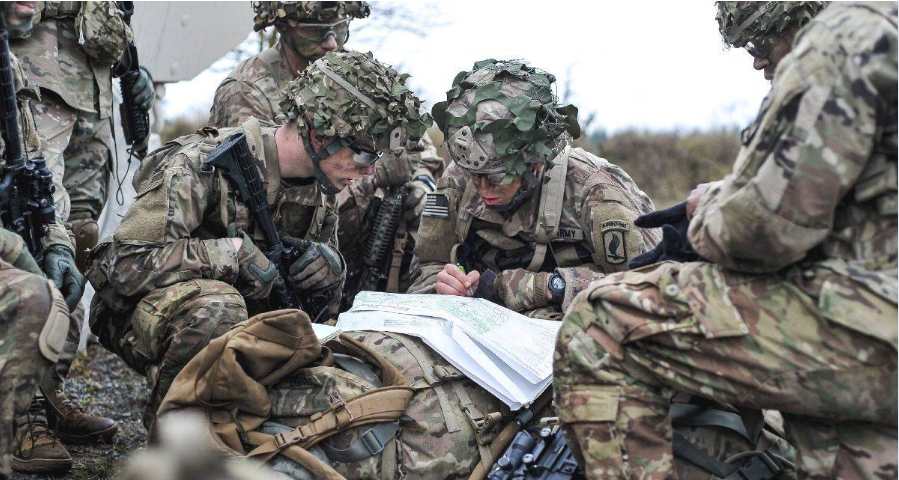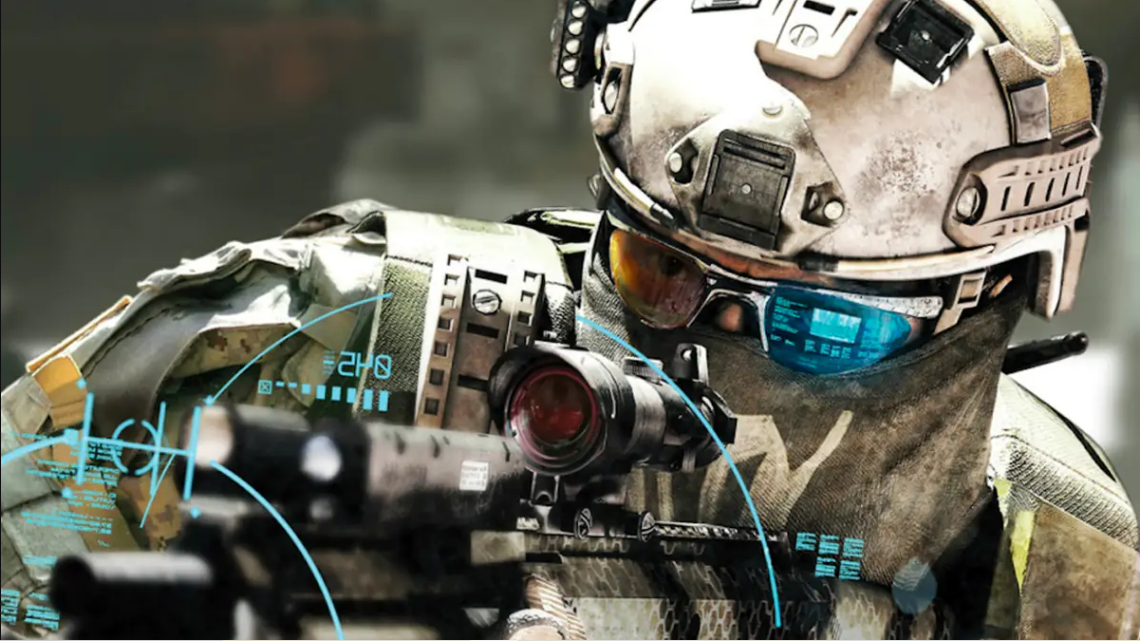Innovations in Military Technology: How Advanced Warfare is Shaping the Future of Defense
Country stability and conflict outcomes are significantly provided for by military information. Rapidly expanding global security conditions therefore only added to its importance. The goal of current military technology isn’t just to produce ever more powerful arms, but rather smarter systems that can be proven effective and adaptive in modern warfare As countries round the world race against one another in the technology game, defense of the future is being revolutionized by the infusion of high-tech into military operations.
Autonomous Systems One of the biggest advances in military technology to date is just such systems. This category covers unmanned aerial vehicles, ground robots, and self-steering ships. Drones in particular have had revolutionary impacts on reconnaissance and surveillance. Equipped with a full range of sophisticate sensors, cameras or even weapons, they can gather real time intelligence without having anyone on board and strike high pay-off targets by fire with precision accuracy. Autonomous systems can also be used for ground robots. Doing bomb disposal work, logistics tasks and potentially even fighting tasks in the future. These devices can always be sent into environments that are too dangerous for people to enter, and so it is reducing casualties while enabling efficient warfare. As Artificial Intelligence (AI) continues its advance, the range of these autonomous systems will only grow wider in scope–and in fact they will become ever more essential assets on battlefields all the way to all manner of ways so much as that is possible.
The New Battleground: Cyber Warfare
With advances in military technology, cyber warfare is becoming increasingly important. In the digital age, protecting and destroying information networks is equally essential as physical combat. Cyber warfare is a form of digital warfare using electronic weapons. It attacks the enemy’s systems with digital means,takes important data away from an opponent or it destroys fragile infrastructure vital to that nation. The resulting threats from cyber attacks have led countries all over the world to go in for extensive self-building of their cybersecurity capabilities.
Cyber-system defense will be the core of military studies in the next five years. Hacking is especially important-in every country all over the world today, one can see its countermeasure against cyber attacks on the networks we rely for communication; for instance, weaponization of public utilities or sentry grids of electrical power still go into dumb trance because it is so easy to seep into their digital genius brain without warning The capacity to immediately identify and react to incoming signals of danger is propelling cyber defense into mainstream warfare as an undisrupted and essential part.
Hypersonic Weapons: Speed and Precision The latest development in military technology lies in hypersonic weaponry. Missiles which travel at a speed higher than Mach 5–in other words, no existing anti-ballistic missile defense system can put a stop to them. A hypersonic missile can be used to deliver either a conventional or nuclear warhead. In any case, it has the ability to attack targets with unprecedented speed and accuracy–without leaving behind any warning whatsoever. To hasten the process, a number of countries are redoubling their limits in the domain of hypersonic weapons. The United States, China and Russia are all currently engaged in further experiments or advancements of this aspect of weapons systems. The consequences arising from having them in operation may reshape the balance of power globally. They are capable of taking out vital targets without much warning or chance to resist, and thus the challenges to international security they present are considerable.
The Future of Defense As computerized rifles grow more and more adept at housekeeping tasks, the future of defense lies in this new generation of high-tech systems. The course of the next big development for military technology should be dictated by our computer labs: defensive use of autonomic weapons, cyber-warfare and hypersonic arms. What you are seeing here is not only adding new teeth to the fightingstrength of modern armies but also redefining war itself.
In the face of such enormous changes, each country must innovate and find its own way to survive. They may well lead the hunt in techniques of armed struggle. Early warning perhaps; for to lag in this technological race is probably to vividly suffer. These advances, if they are to eventuate in any defense-related benefits must could be assembled into a comprehensive strategy. One that is both effective against very manifold kinds of threats and in use today. Namely, with military technology’s development, warfare is now quite a different matter. Speed, precision and knowledge will decide the entire course of events. Through technological advances, and their inevitable influence on future defence policy, which basic conflicts are won or fought depends upon how conflicts are played out will continue for many generations to come.










